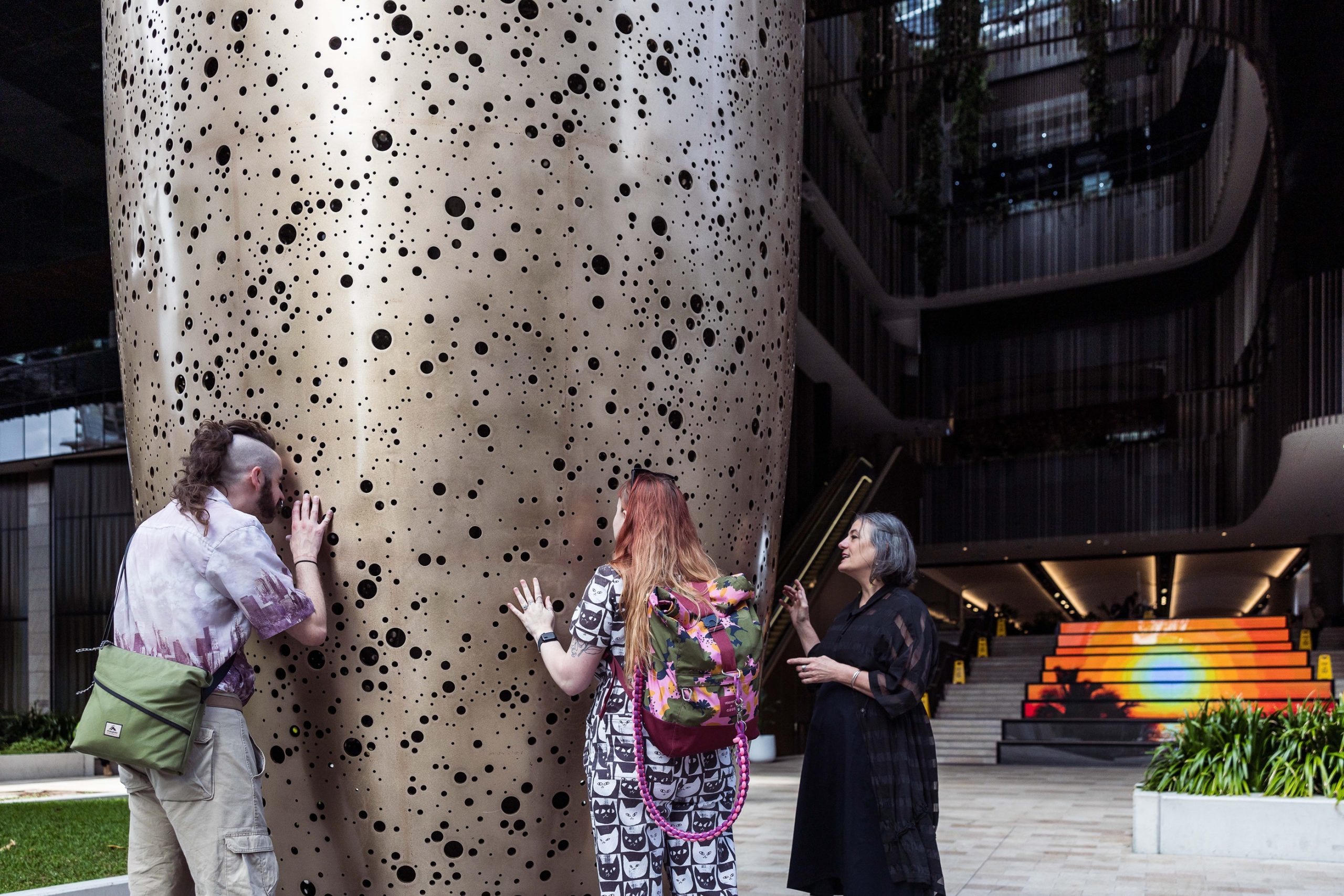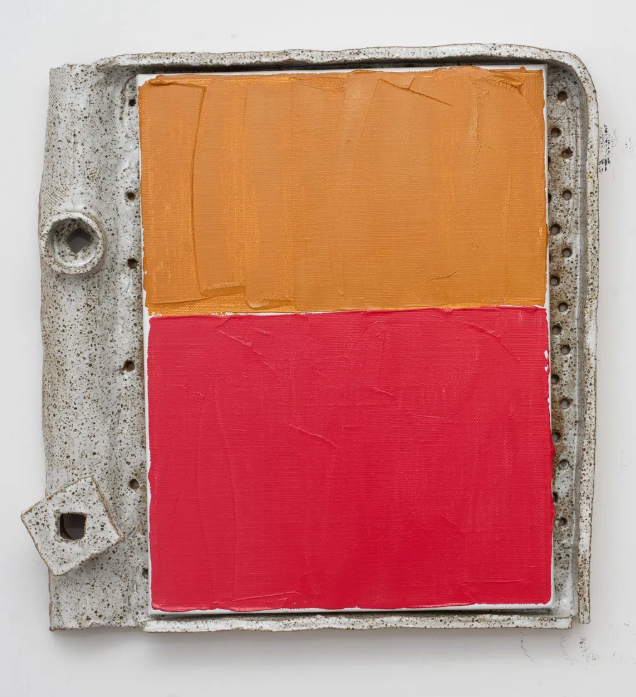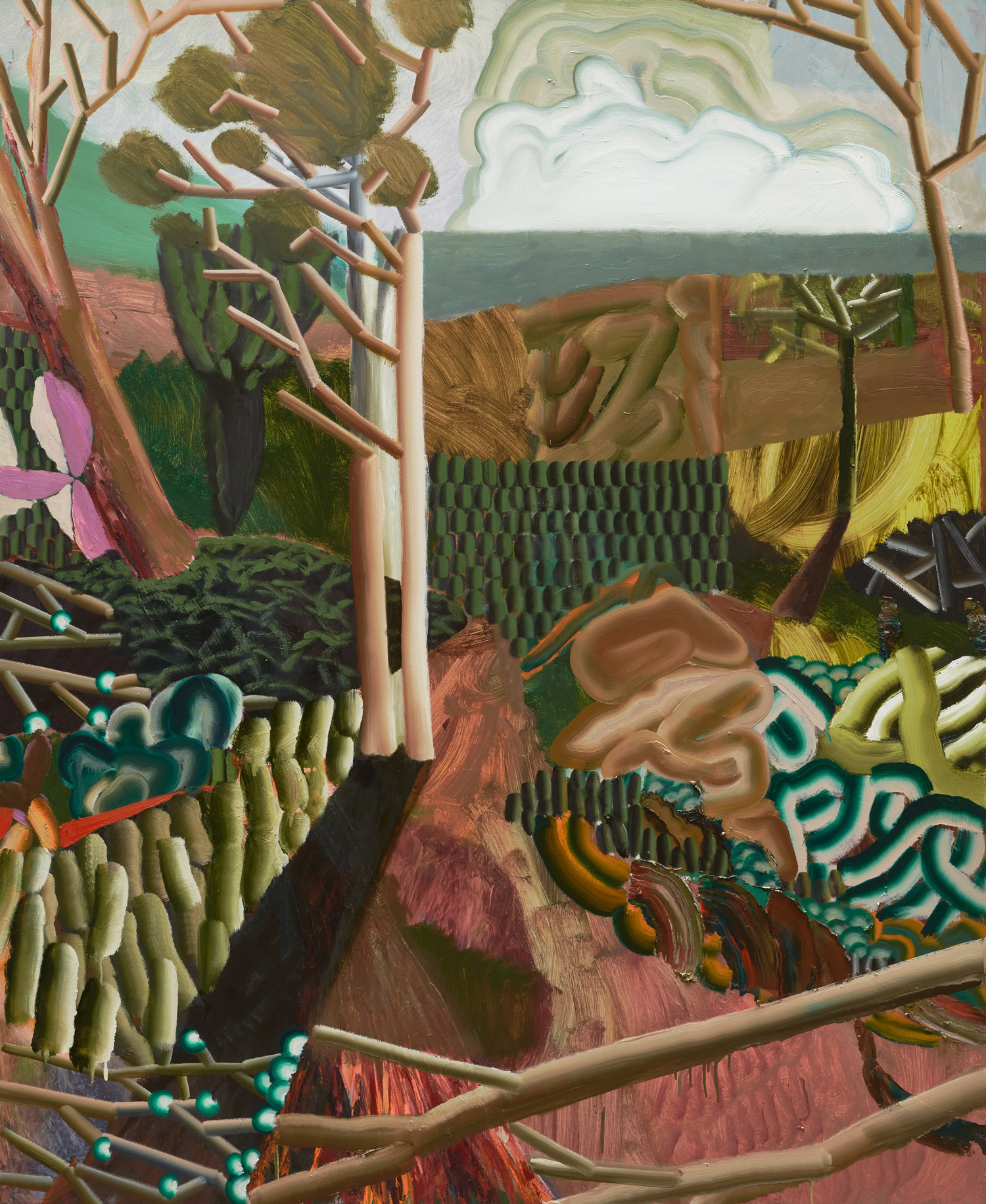The Australian Cinémathèque at GOMA provides an ongoing program of film and video that you’re unlikely to see elsewhere. Screenings take place Wednesday and Friday nights and Saturday and Sundays matinees. We offer a rich and diverse experience of the moving image, showcasing the work of influential filmmakers and international cinema, rare 35mm prints, recent restorations and silent films with live musical accompaniment.
Currently Showing:
WOMEN MAKE FILM – A NEW ROAD MOVIE THROUGH CINEMA
Women Make Film delivers a staggering alternative cinematic canon, explored across a multi-part 14-hour documentary. Acclaimed filmmaker Mark Cousins delves into the oft-untold history of women filmmakers, bringing together over 700 excerpts from films directed by more than 180 female filmmakers. The series is organized similarly to a class, elucidating techniques of cinema and styles of filmmaking using only work by women creatives.
Executive produced by Tilda Swinton – who also serves as a narrator, alongside noted actors such as Jane Fonda, Kerry Fox and Thandie Newton – Women Make Film is an engaging and entertaining survey that opens audiences’ eyes to the powerful work produced by women in a frequently male-dominated industry.
THE POWER AND PASSION OF JANE CAMPION
Across a career now entering its fifth decade, New Zealander Jane Campion has established herself as one of the most acclaimed and fearless directorial voices in contemporary cinema. Winner of multiple Academy Awards and the first female filmmaker to be awarded the Palme d’Or at the Cannes Film Festival, her films have been celebrated for their unique vision and subversive portrayals of women rejecting the strictures of their societies. This program presents all of Campion’s features to date, along with a curated selection of her short films.
After studying filmmaking at Sydney’s Australian Film, Television and Radio School in the early 1980s, the success of Campion’s early shorts – including a Short Film Palme d’or for Peel 1982 – led to the personal tales of friendship and sisterhood found in feature films Two Friends 1986 and Sweetie 1989. Campion would reach new heights of success with The Piano 1993, a critical and commercial triumph that remains her most iconic work.
Over the subsequent years, she continued to craft enthralling portraits of characters who push back against the constraints of social hierarchies and patriarchal pressures, whether that be in period settings (The Portrait of a Lady 1996, Bright Star 2009) or amidst contemporary concerns (Holy Smoke 1999, In the Cut 2003). Her most recent production – The Power of the Dog 2021 – was Campion’s first feature in over a decade and won her the Academy Award for Best Director, highlighting the continued vitality of her filmmaking.
LARISA SHEPITKO: THE POETRY OF PERSEVERANCE
Ukrainian filmmaker Larisa Shepitko was one of the key poetic voices of Soviet cinema. Admired for her humanistic philosophy and striking aesthetic sensibilities, she crafted a small but unforgettable body of work in a life cut tragically short.
Born in Eastern Ukraine in 1938, Shepitko moved to Moscow as a teenager to study at the prestigious film school VGIK. The only female student in her class, she was mentored by the venerable Ukrainian director Alexander Dovzhenko, whose impassioned approach to filmmaking would influence her own journey as an artist.
The production of her graduate film Heat 1963 – the story of an idealistic graduate who goes to work on a collective farm on the remote Kazakh Steppe – was a difficult one, beset by high temperatures and illness. It was during this period that she met fellow student and aspiring director Elem Klimov, whom she would soon marry. Shepitko’s breakthrough success came with her second feature Wings 1966. The film is a powerful portrayal of post-war existential malaise, following a female fighter pilot whose heroism was celebrated in wartime but who finds herself forgotten and listless in the quietude of peace. Restrained and thoughtful, Wings nevertheless caused controversy domestically for its perceived critiques of Russian patriotism and was pulled from release shortly after its first screenings.
As the relative liberalism of the Khrushchev era came to an end under the new General Secretary Brezhnev, Shepitko found herself falling further foul of state censors. Her chapter ‘The Homeland of Electricity’ in the anthology film Beginning of an Unknown Era 1967 was shelved for two decades due to its political sentiments and her Technicolor drama You and Me 1971 was cut to receive state approval to screen at the Venice Film Festival.
Despite these setbacks, her greatest artistic success would arrive with her final film, The Ascent 1977. The tale of two Soviet soldiers being hunted across the icy Belorussian landscape by Germans in the Second World War, the film mixes brutal realism with spiritual parables to devastating effect. The Ascent was praised by critics both in the Soviet Union and abroad, winning the Golden Bear at the 1977 Berlin Film Festival and bringing new international attention to Shepitko as a director.
In 1979, Shepitko was location scouting for her next film – an adaptation of Valentin Rasputin’s novel ‘Farewell to Matyora’ – when she was killed at age 41 in a car accident, along with four members of the production crew. Since her tragic and untimely death, her legacy has grown as one of the most astute filmmakers to emerge from post-war Soviet cinema – someone who examined myths of heroism and the struggle to retain moral principles with clear-eyed vision.
This program presents a complete retrospective of Shepitko’s four feature films, along with Beginning of an Unknown Era and a rare screening of her television-movie musical revue In the Thirteenth Hour of the Night 1969. It also includes two films by her husband Elem Klimov: Larisa 1980, a tribute short he made to commemorate her life and legacy, and Farewell 1983, the film Shepitko was working on when she died and which he completed in her honour.










